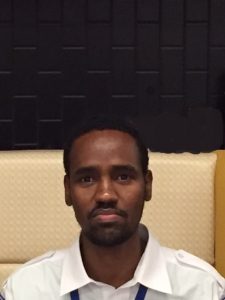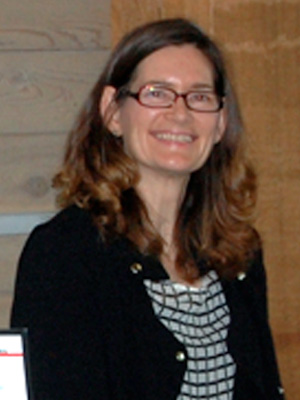
Dr. Cynthia Nicol
Dr. Cynthia Nicol is an Associate Professor in the Department of Curriculum and Pedagogy in the UBC Faculty of Education. She lived and taught on Haida Gwaii in B.C.’s Pacific Northcoast before moving to Vancouver to pursue her doctoral studies. With teachers and communities she is exploring new ways of making mathematics responsive to all learners by connecting math, community and culture, emphasizing place and community-based education, and exploring social justice issues through mathematics. Her current projects focus on researching ways to support teachers interested in more culturally responsive teaching practices. This includes working with teachers in the Dadaab refugee camp, Northeast Kenya, to better understand what it means to live, learn and teach in Dadaab, the largest protracted refugee camp in the world. As Principal Investigator of this project she is committed to working across cultures and contexts to better understand and improve opportunities for ongoing teacher learning in some of the world’s most challenging conditions.
Research interests: Participatory action research, narrative inquiry, mathematics education, teacher education, problem-based learning, place-based and community-based education, refugee education, Indigenous education, and culturally responsive teaching and research practices.
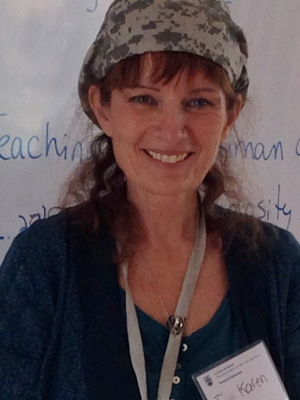
Dr. Karen Meyer
Karen Meyer is an associate professor at the University of British Columbia. Her research interests focus on teacher education. Over the past fifteen years she has supervised ten cohorts of teachers in a Masters of Education program, called the Urban Learner. She is also working with teachers in Dadaab Kenya in a teacher education program. Karen is a member of the research team and project, “Living, Learning and Teaching in a Refugee Camp.” Creative writing is her other interest. She is currently writing and studying poetry. However, much of her learning these days, she claims, comes from her three young grandsons who teach her how to be present, open and attentive to the world. She recently wrote, I want nothing more than to be a good writer, teacher, citizen, partner, mother, grandmother, daughter and friend. For the world I want much more––peace, justice, sustainability, and consideration of children’s rights and well being in global and community decisions….The epitaph can later read: “Karen had a good life. She was an upstanding character with wobbly legs.”
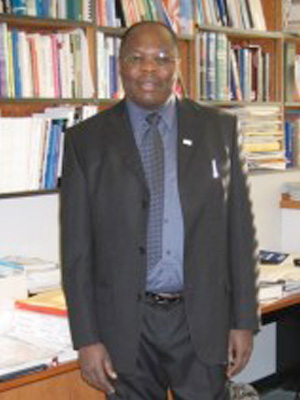
Dr. Samson Nashon Madera
Over time, I have come to realise that the more deeply engaged with attempting to develop meaningful answers to questions that involve the world around me, the more I refine and achieve clarity in my understanding of the knowledge I already have. This act of attempting to understand my familiar and unfamiliar encounters is what I have come to relate to constructivist thought. In an attempt to explain the unfamiliar, I employ various tools and knowledge based on what I already know. Although the constructed explanation for the unfamiliar may be difficult and unattainable, I have taken solace in the fact that out of the process, I end up understanding better what I already know and did not know; This has come to characterise my practices involving teaching, research, and service to community. I am involved in many community activities including membership on Departmental, Faculty, and University-wide committees. Also, I am a member of several professional and scholarly Associations. I have in the past served as president, vice president, and secretary/treasurer of the Science Education Research Group (SERG) within the Canadian Society for the Study of Education (CSSE).
Besides serving the academic and professional communities, I am also involved in serving the wider community through humanitarian based engagements in which I take leadership in service delivery such as embedded in the Daadab Refugee Camp Teacher Education Program (Secondary), which has brought together Canadian (UBC and York University) and Kenyan (Moi University and Kenyatta University) universities to alleviate the shortage of qualified teachers in the camp schools. These institutions are collaborating in developing and delivering teacher education programs (Secondary & Elementary) to refugee teachers in the camp and others who have qualification to be trained as teachers.
Motivated and inspired by the United Nations Millennium Development Goal #2: Education for All (EFA), we have developed an on-site/on-line teacher education diploma program which is funded by the Canadian Department of Foreign Affairs and Trade Development (DFATD). Also , the Chatamilu School, Building, Scholarship, Heifer, and Chicken Projects, in which I have been involved over the last 12 years working with Friends and colleagues and community members back in Kenya to construct a magnificent complex of classrooms and administration block of an elementary school that was falling apart, now produces primary school graduates, who get placement in top high schools and subsequently having a significant number of them joining local universities. I have come to see education of all kinds to be key to finding a way out of poverty, desperation, and hopelessness. I have a deep belief that with education, nations can tackle the following three enemies of any state, community or humankind: Ignorance, poverty, and Disease. My involvement in education is driven by these principles – be it a desire to have a Teacher Education Program for refugees or good basic education (K-8) or poverty reduction through income generating projects such as the heifer project for the poor women and their families in a Western Kenya village.
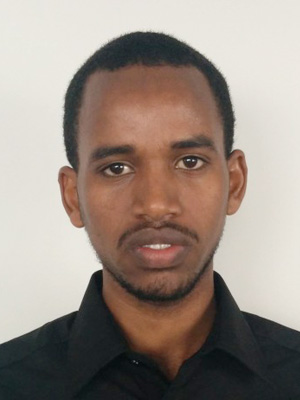
Mohamed Abdi Bulle
Mohamed Bulle is currently a 3rd year undergraduate student in the faculty of science in Statistics at The University of British Columbia.
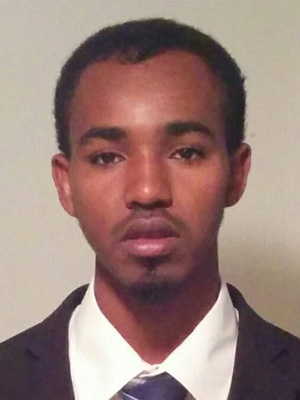
Abdikhafar Hirsi Ali
Abdikhafar Hirsi Ali is currently a fourth year undergraduate student in the Sauder School of business at UBC studying Commerce. He is taking part this project of Learning, Living and Teaching in Dadaab camps (LLTD) as a research assistant. Some of the activities that he does in this project may include: Facilitating Team workshops, Carrying out transcriptions, Conduct literature reviews and Attend project meetings.
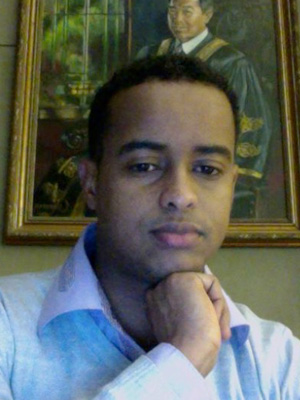
Ahmed Iman Hussein
Ahmed Iman was from Dadaab Refugee camp, Hagadera. He is currently a 3rd year student in the University of British Columbia, majoring in Geography with specialization in Environment and Sustainability. He is also a research assistant in LLTD(Living Learning and Teaching in Dadaab) program.
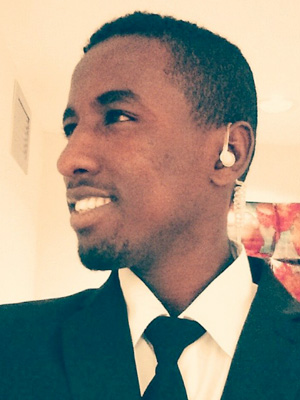
Hassan Said Hassan
Hassan Said Hassan is a SFU student majoring in International relations. He is a member of the research team “Living, learning and teaching in Dadaab Refugee Camps”. He is a sportsperson and loves playing soccer. He also likes meeting people and making new friends.
Mohamud Olow is a student at the University of British Columbia (UBC) majoring in Geography with specialization in Environment & Sustainability. His research interests include: environmental resource management, global sustainability, youth & teenage education, global development, environmental education and Management. He is involved in Living, Learning and Teaching in Dadaab (LLTD) project as a Research Assistant. He is also engaged in project web development from its initial stages of design to its current day-to-day maintenance.
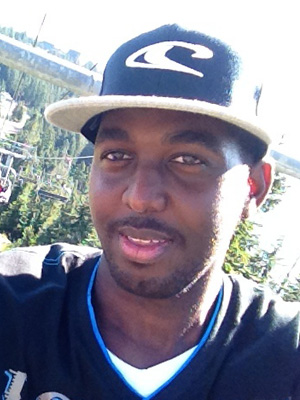
Ali Abdi Hussein
Ali Hussein is a recent graduate with Economics and Political Science bachelors degree at the University of British Columbia.
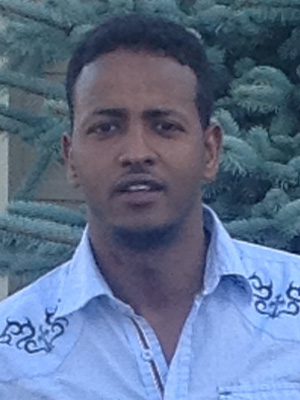
Siyad Adow Maalim
Siyad Maalim graduated from the University of British Columbia with a major in Statistics. He is currently working with DIVERSEcity Community Resources Society, a registered not for profit agency offering a wide range of services and programs to culturally diverse communities of the lower mainland, as a case manager and counselor where he provides individualized support to vulnerable immigrants and refugee newcomers (youth and adults) through an integrated and client-centered model. He is also actively involved in the LLTD (Living, Learning and Teaching in Dadaab) project as a research assistant.
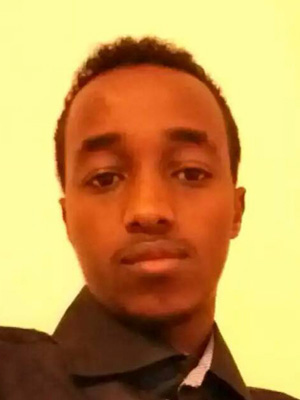
Mohamed Abdullahi Halane
Mohamed Halane is a fourth year student majoring in Geology at the University of British Columbia. He considers himself as a down-to-earth person. He is currently a co-researcher with the LLTD project and is also the vice president for World University Service of Canada at UBC.
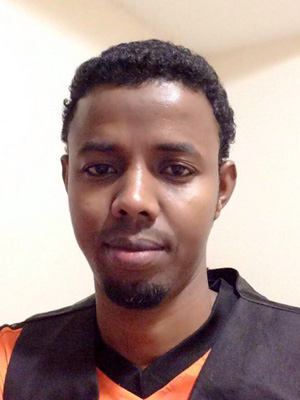
Abdikahin Farah Muse
Abdihakin Farah Muse is a second year student at the University of British Columbia majoring in Accounting. He is a member of LLTD project team and also a Support Coordinator for World University Services of Canada at UBC.
Philip Kimani Karangu
Philip Kimani Karangu was born and raised in Kenya. He completed his teaching certificate at Machakos Teacher’s Training College and his Bachelor of Education from Kenyatta University in 2013 with a focus in history and Kiswahili. Philip has taught in primary schools in Kenya and his last position was head teacher and Kiswahili teacher at a charity-run primary school. Philip is currently working on a Master of Arts in Curriculum Studies at UBC. His research during this degree will be focused on improving education in refugee camps, such as Dadaab.
Other Members of the LLTD Team
| Name | Title |
| Dr. Rita Irwin | University of British Columbia (UBC) Professor |
| Dr. George Belliveau | University of British Columbia (UBC) Professor |
| Blake Smith | University of British Columbia (UBC) Graduate Student |
| Kimberly Baker | University of British Columbia (UBC) Graduate Student |
| Dr. Jackson Too | Moi University Professor |
| Dr. Emmy Kipsoi | Moi University Professor |
| Dr. Wanjiku Khamasi | Moi University Professor |
| Dr. Marangu Njogu | Executive Director of Windle Trust Kenya |
